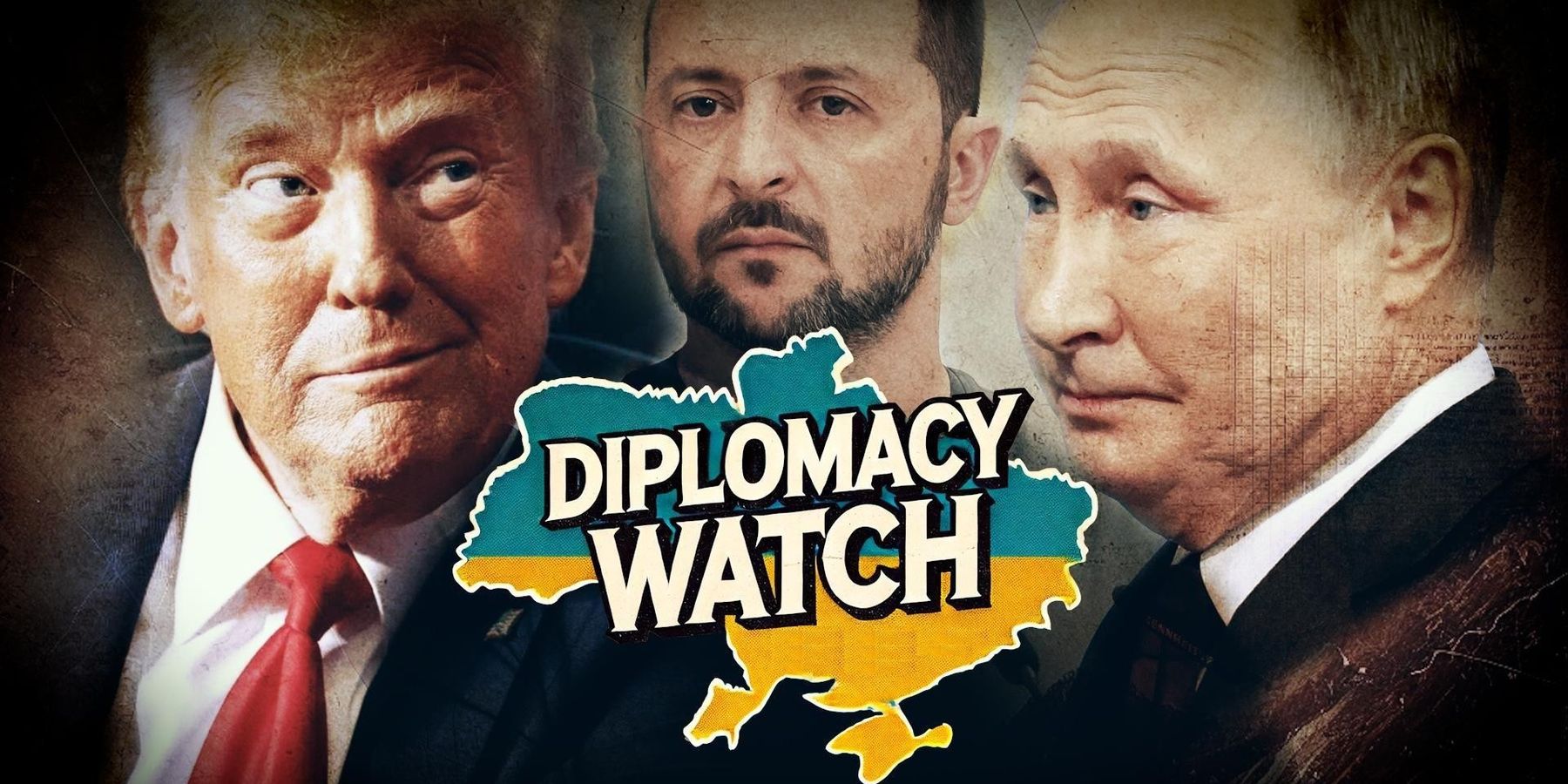President Donald Trump on Monday suggested that future U.S. military aid to Ukraine could be given in exchange for valuable natural resources, echoing an idea that Ukrainian President Vlodomyr Zelenskyy originally proposed in October.
“We’re putting in hundreds of billions of dollars. They have great rare earth,” Trump said. It isn’t clear which rare earth metals Trump is referring to, but Ukraine’s mineral deposits include lithium, uranium, and titanium, and are worth an estimated several trillion dollars. In addition, Trump did not clarify how much of that value he wants to extract, merely saying that he wants “equalization” from Ukraine for past U.S. military aid dating back to the start of the Russia-Ukraine war. This would amount to roughly $66 billion.
On Tuesday, Zelenskyy said that Ukraine welcomes “investment” from its defense partners, but did not specifically mention Trump.
Following an European Union meeting in Brussels, German Chancellor Olaf Scholz claimed that Trump’s proposal was “self-centered” and said that Ukraine’s mineral wealth should instead be spent on reconstruction efforts when the war ends.
Even if Zelenskyy does eventually address or even support Trump’s plan, many of Ukraine’s mineral deposits are now in Russian hands.
Since August 2024, Russia’s military strategy has shifted to target mineral rich Ukrainian land areas. As Ian Proud reported for Responsible Statecraft, Russian forces have made significant progress in capturing coal, uranium, and lithium mines. In the process they have weakened a Ukrainian economy that is already in massive debt and has been suspended from major international lending markets.
Whenever the war in Ukraine does finally end, it seems unlikely that the country will be able to use its own natural resources to get back on its feet.
In other Ukraine War news this week:
According to Al Arabiya, the UAE and Saudi Arabia are both contenders to host a meeting between Trump and Putin for Ukraine peace talks.
In the New York Times, Russian sources said yesterday that they have established contact with the Trump administration about potential talks. This was confirmed by President Trump. “And we are talking to the Russians. We are talking to the Ukrainians,” he said.
Trump's team is apparently split over how to approach ending the war, according to NBC, with some members (including National Security Advisor Mike Waltz and General Keith Kellogg) favoring applying pressure on Russia through sanctions and tariffs. Other advisors want to pressure Ukraine by threatening to withdraw military support.
Russia and Ukraine completed a major exchange of captured prisoners in a deal brokered by the UAE, further cementing the UAE's role as a mediator in the conflict, according to France 24,
And in Ukraine, many humanitarian aid groups have halted operations following Trump's aid freeze, says the New York Times.
There was no State Department Briefing this week
- Gleeful Graham: Ukraine War all 'about money' ›
- Russia races for Ukranian mineral wealth before a potential ceasefire ›
- The steep but worthy price of minerals for peace in Ukraine | Responsible Statecraft ›
















